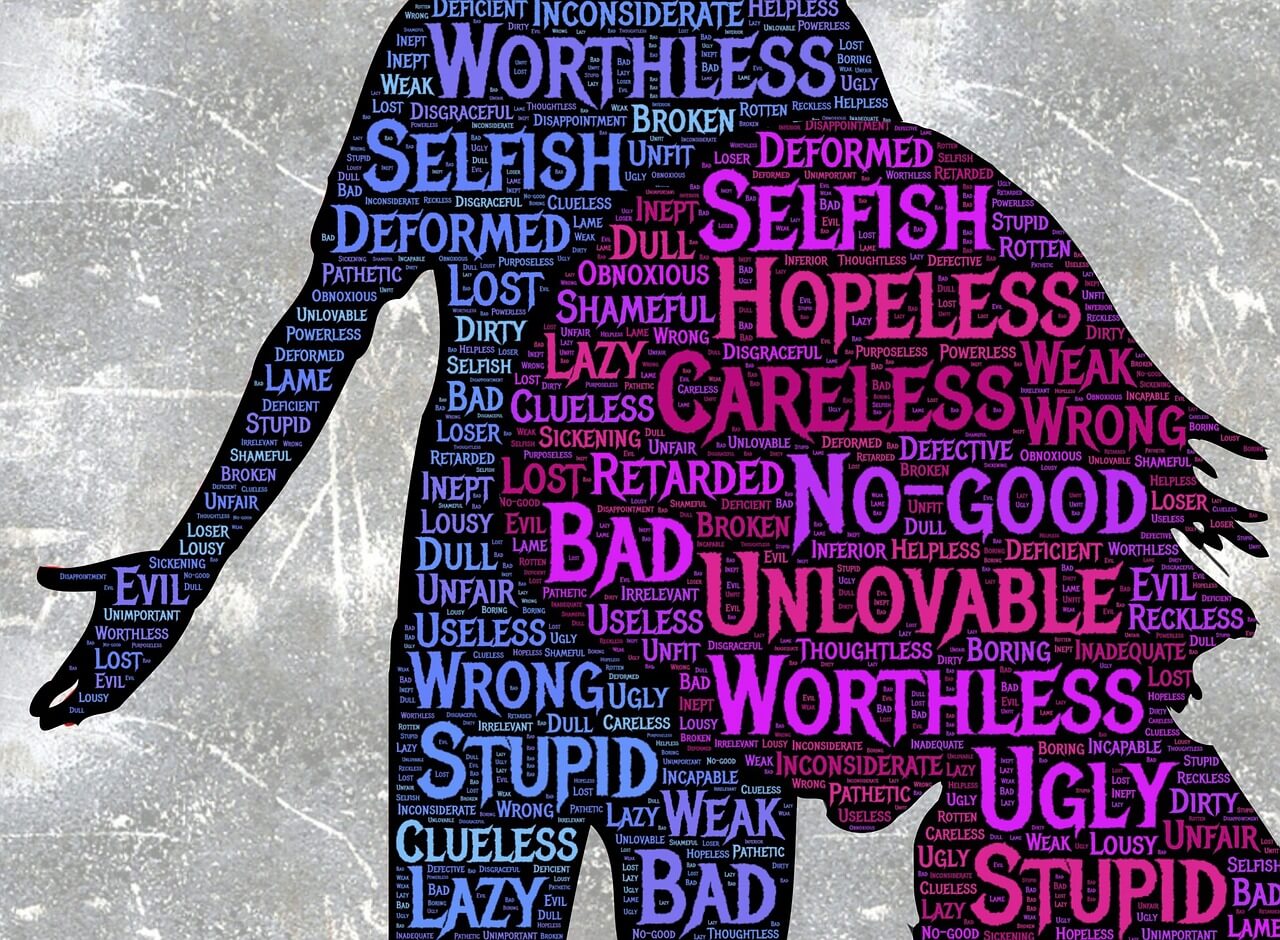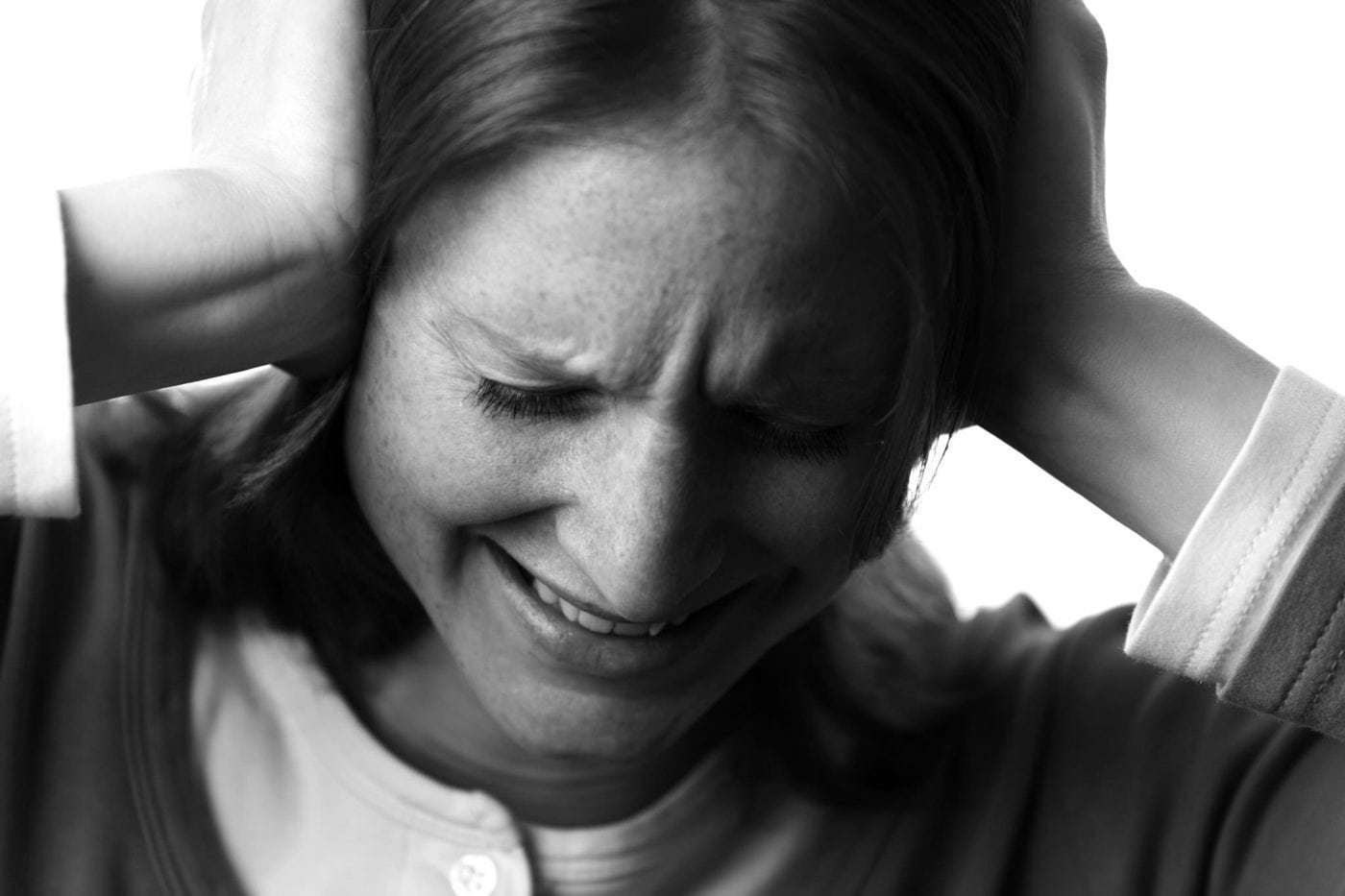Behaviors Adults Adopt Who Have Experienced Childhood Emotional Abuse (Videos)
by N.Morgan

Does childhood trauma ever go away? Unfortunately, childhood trauma does not simply remain in the past. It continues to disrupt the individual’s life into adulthood. If it is never dealt with, it will cause problems for the individual indefinitely.
These can be emotional or physical problems, and won’t disappear on their own. There’s a lot of compelling research being done lately about how the way we grew up affects our behavior as adults. Studies have linked childhood trauma, for example, to increased levels of alcoholism and depression in adults.
Adults who experienced emotional abuse as children have other ways of showing this in their adulthood.
Here are 26 ways you can tell if an adult may have been emotionally abused as a child:

1. They have commitment issues, probably because they had a hard time trusting anyone as a child.
2. They sometimes go into auto-pilot mode and blank out entire conversations or events. This is due to disassociation, a skill learned in childhood, and it’s often unintentional.

3. Mood swings that seem to come at random times are often the norm for them. This is often because they had to deal with this as a kid, so the only response they knew was to model the behavior.

4. They may commit acts of self-harm. This often follows from doing this in childhood.

5. They are angry underneath it all and have outbursts of anger seemingly from nowhere.

6. They are nervous all the time. This may make them seem edgy or startle easily.

7. They don’t feel valid. No matter what they’re doing, they’re unsure if they can do it.

8. They have low self-esteem.

9. They don’t handle compliments well. They doubt their veracity.
10. They are quiet. They don’t feel comfortable using their voice after being worn down as small and wrong throughout their childhood.

11. They may have issues getting close to others, because they may not especially, in general, like people.

12. They may beat themselves up mentally and emotionally since they were beaten emotionally for so many years.

13. Conflict gives them immense anxiety, so they often run from it instead of facing it.
:max_bytes(150000):strip_icc()/couple-moret-sur-loing-france-10148677-575a2a9d5f9b5892e8a5c487.jpg)
14. Making eye contact is extremely difficult and speaking makes them anxious, making it even more difficult.

15. They fear others abandoning or leaving them. They have attachment issues.

16. They are often defensive, perceiving people as negative or offensive because of their previous abuse.

17. Often afraid of contact with people, they may be introverted and try to distance themselves as much as possible.

18. They may be sensitive to loud noises, as they were raised in an environment of raised voices and yelling.

19. Many victims of emotional abuse overdo it because they want to please everyone. They become perfectionistic, tidy, clean and organized.

20. Often they will have trouble making decisions, after hearing throughout childhood that they were not good enough.

21. They are tough but very sensitive. Because of experiencing a plethora of emotions at a young age, you have considerable emotional sensitivity.

22. The world of emotional abuse leaves them second-guessing everything.

23. They constantly say that they’re sorry.

24. They will often ask questions to which they already know the answer, due to self-doubt.
25. They have addiction issues.

26. They are actually remarkably humble. They sincerely appreciate the good things in their life. They are a strong, grateful survivor of their past.
Give The Gift Of Health And Support BeforeItsNews By Trying All Our Health Products Below.
We have an affiliate program designed for content creators and affiliate marketers, who would like to sell this product, please click here for affiliate program details. Our affiliate program is designed to help you monetize your screen time.
.jpg)
References:
.png)
Comments
Post a Comment